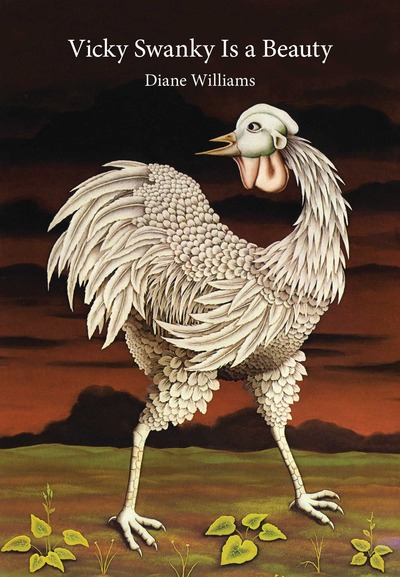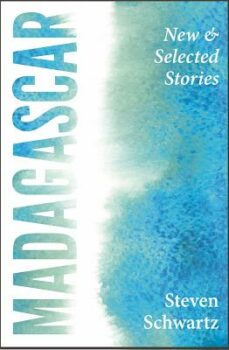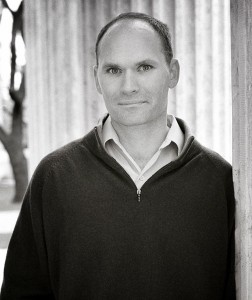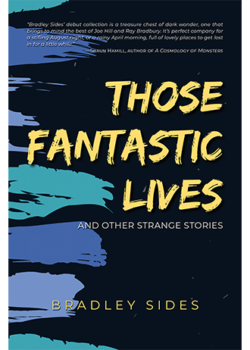
1. First, try not to think of Diane Williams’ latest short story collection, Vicky Swanky Is a Beauty, just out in paperback from McSweeney’s Books, as a short story collection. Think of the book as a cabinet of curiosities or Wunderkammer. Williams shakes a sieve that lets common sense fall away and leaves us with a collection of pressurized gems of deep weirdness. These gems are often moments of unexpected tension or unexpected comparison that ask us to revisit mundane objects and scenarios with new attention:
a. “Hadn’t his wife been daily smacked across the mouth with lipstick and cut above the eyes with mascara?”
b. “We have a drink of coffee and a Danish and it has this, what we call—grandmother cough-up—a bright yellow filling.”
c. “We’d been viewing the infant as if it’d been wrenched off a tree branch or a weedy stem.”
d. “If a poached egg, open and bleeding, could give us the color palette, let us color her home in with that.”
These strange images are the frantic seismographic needles calling our attention to the shifting emotional terrain of these short fictions, the unexpected ripples of association in these small ponds of language.
2. You might also try thinking of each story as the airport x-ray of a story. The contours of an experience, a few salient features, a hidden dagger: these are revealed, and the rest of the story is left to our imaginations.
a. “[My friend] couldn’t get the neighbor’s penis to do anything. As a matter of fact, I couldn’t get his penis to do anything either. It hung like a mop or it had a life of its own. How it came up in the first place, I don’t know. He couldn’t get my vagina—I wanted to say—to utter a word.”
b. “A Delta Airlines employee arrives to deliver his lost piece of luggage. The father blushes—congratulates himself for getting so much attention, is so stimulated, and ever since has felt irremediably shy when sexual objects are discussed.”
c. “Mrs. Durant asks Gabor Mavor what she wants and Gabor says, ‘A watch.’ I wish I had Gabor’s health and safety.”
These radically pared-down fictions become exercises in implication. Or they become collections of non sequiturs between which we work to create chains of cause and effect.
3. Finally, you might think of Vicky Swanky as a generous invitation to inhabit another consciousness, to learn the rhythms and habits of another mind. A field journal from a trip to another psyche. An invitation to think about the way that we think. In this sense, the book takes on the self-consciousness that accompanies our existence, the way we observe ourselves as though we were characters:
a. “I was a woman in a fur coat and false hair, reminiscing.”
b. “The suspense in that moment had drawn me in and I was fascinated to hear my answer to her that was delivered in a weepy form.”
c. “My intention, with my own flourishes, is to create an impression of frankness and ambition. I am prepared to be examined again. I should be observed strongly and for a long time, so they can see the changes of my colors during the goings-on.”
We are watching a mind watching itself, examining its reactions to various stimuli, studying its chameleonic changing of hue. In this context, the strange images and extreme compression of these fictions ultimately resolve into an investigation of the substance of our mental lives: perhaps we are being asked to consider the inner narratives and mental chatter that perform the alchemy of turning physical events into emotional realities.
Links and Resources:
- Buy a copy of Vicky Swanky from the McSweeney’s store.
- Read a McSweeney’s Books Q&A with Williams.
- You can also read an HTML Giant interview with Williams.





